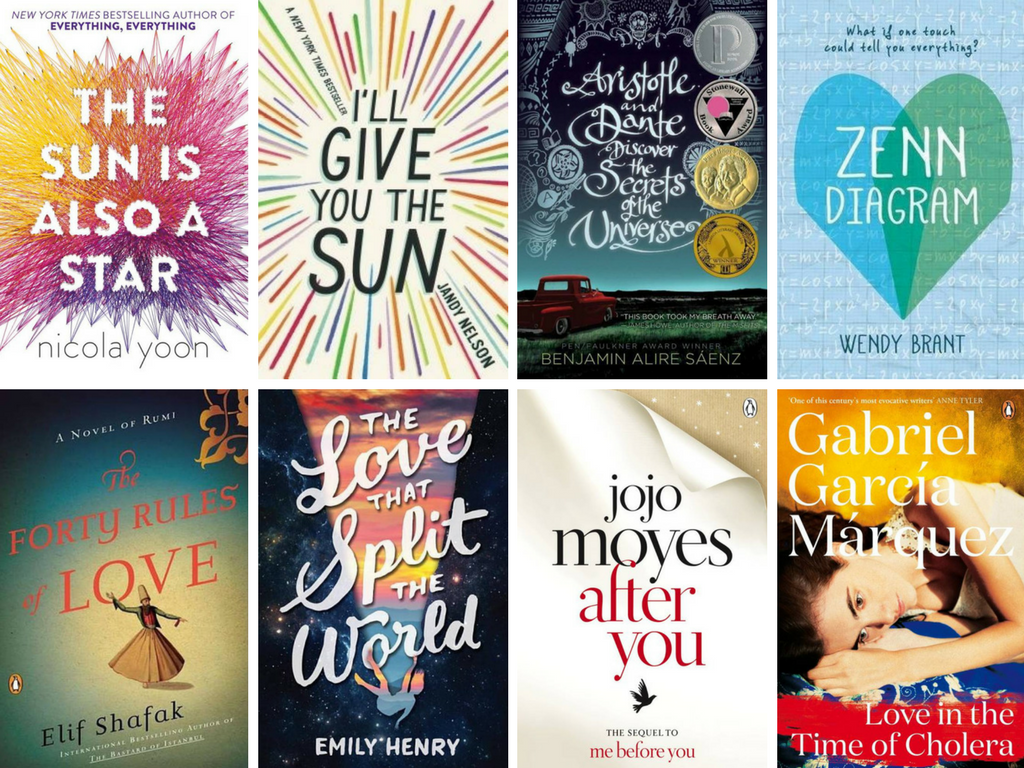
Poetry has always been a bridge between pain and healing a language that speaks where words often fail. In Echoes, poet and educator Asrar Bine Yaqoob takes readers on a journey through illusion, heartbreak, and acceptance.
This debut collection is divided into three evocative sections – Illusion, Shattered, and Acceptance each tracing the arc of love, loss, and rediscovery. Deeply personal yet universally resonant, Echoes captures what it means to survive heartbreak, rebuild identity, and find beauty amid silence.
Asrar, who hails from Kashmir, writes from the intersection of fragility and resilience, transforming lived pain into art that feels both intimate and eternal. We sat down with him to discuss the inspiration behind Echoes, the quiet strength in silence, and how poetry can become an act of healing.
Q1. Echoes feels like a mirror to both pain and healing. What was the first “echo” moment, memory, or emotion that made you start writing this collection?
Answer: Echoes started out as a whisper in the silence that follows loss, heartbreak, and the gradual disintegration of identity. Instead of a single “moment,” there were a number of tiny cracks that grew over time until the only way to get through them was to use words. I used Echoes as a means of taking back my voice from everything that had previously attempted to silence me. The first “echo” was realizing that when pain is expressed, it transforms rather than destroys.
“What a beautiful way to describe the birth of poetry as something born from silence and transformed through expression.”
Q2. You’ve said your poetry emerges from the intersection of love, pain, and resilience. How do you transform personal struggle into something so universally relatable?
Answer: Even though pain is expressed in different ways, I think it’s a language that everyone can understand. I write to feel, not to impress, and because of my honesty, people see themselves reflected in what I write. My poems explore more than just lost love; they also explore what it means to live on after a loss, to continue despite internal resistance. Personal struggle, in my opinion, becomes universal at that point.
“That honesty really comes through in Echoes. Your words carry a sincerity that invites the reader in not as an observer, but as a participant in emotion.”
Q3. The book is divided into three parts – Illusion, Shattered, and Acceptance. Why did you choose this structure, and what journey does it represent for you personally?
Answer: The development of grief and selfhood is symbolized by these three sections. Illusion is the dream in which love seems to last forever. That illusion crumbles in Shattered, leaving behind the remnants of what was once thought to be true. The silent realization that not everything broken needs to be fixed is Acceptance, not peace. It’s the moment when suffering turns into poetry and memories into works of art. My own path from denial to confrontation to clarity is reflected in the structure.
“The progression feels so organic it mirrors how we actually heal in life, moving from illusion to understanding.”
Q4. Your poems hold a quiet defiance – they don’t scream, yet they stay. How do you find strength in silence, both in life and in art?
Answer: For me, remaining silent is a form of resistance rather than weakness. I’ve discovered that not all wounds must be obvious. Dignity can sometimes be found in perseverance. My strength comes from living in silence and not allowing resentment to eat away at what’s left of me. Because they originate from places where words once refused to exist, the poems in Echoes speak softly.
“That’s incredibly profound. In a world where noise often dominates, your embrace of silence feels almost revolutionary a reminder that quiet can also be powerful.”
Q5. Kashmir often finds its way into a writer’s voice, whether directly or metaphorically. How does your homeland influence your language, imagery, or emotional landscape?
Answer: Kashmir, a land of beauty mixed with sorrow, permeates my writing like an unspoken metaphor. Its mountains, its quiets, its desire for tranquility all of these reflect the emotional terrain I write from. Being raised here teaches you that tragedy and tenderness can coexist and that even beauty has pain. In a sense, the quiet tenacity of Kashmir is reflected in my poetry.
“That duality of beauty and sorrow seems to echo not only through your work but through your identity as a poet. Kashmir breathes through your lines, even when it’s not named.”
Q6. Writing about loss and longing can be emotionally taxing. How do you take care of yourself while revisiting painful memories in your poetry?
Answer: Writing is both the wound and the salve. I go over pain again to comprehend it, not to reopen it. In order for my emotions to cease haunting me from within, I give them a space outside of my body. Writing allows me to reclaim the past rather than relive it. Making something that hurts into something that heals is how I take care of myself.
“That’s such a wise way to view art as a form of release rather than reopening.”
Q7. As both a poet and an educator, how do you see poetry shaping empathy – especially in a world that often values speed over reflection?
Answer: Poetry slows us down. It challenges us to stop, think, and listen. Poetry becomes an act of rebellion a reminder that emotion still matters in a world that is consumed with noise and instant gratification. As a teacher, I work to show my students that poetry is about comprehending another person’s truth, even for a brief instant, and not just about rhyme or form. Empathy is the essence of what makes us human.
“Your perspective makes poetry feel vital, not just artistic.”
Q8. What do you hope Echoes gives to someone going through heartbreak or self-doubt?
Answer: I hope it makes them feel seen. That’s all. Heartbreak convinces you that you’re alone in your ache I want Echoes to prove otherwise. If even one person finds a fragment of themselves in these poems and realizes they can endure then the book has done its job.
“That simplicity is so moving “I hope it makes them feel seen.” It’s a quiet yet profound gift to give your readers.”
Q9. How was your publishing experience? If you were to give advice to aspiring authors, what would it be?
Answer: Publishing Echoes with Paper Towns has been a journey of patience and learning. It taught me that your first book doesn’t need to be perfect it just needs to be honest. To aspiring authors, I’d say: don’t wait for the “right time.” Start where you are, with what you have. Write what’s true, even if it terrifies you. Especially if it terrifies you.
“That’s incredibly encouraging. There’s such freedom in that message writing not for perfection, but for truth. It’s advice every creative soul needs to hear.”
Q10. Lastly, if Echoes could whisper one truth to every reader who picks it up, what would it say?
Answer: You are allowed to break, to burn, to rebuild. Your grief is not a flaw; it is a doorway. Do not fear the echo of your own heart follow it, for it knows the way home.
“That’s a fitting final note an echo in itself.”
Asrar Bine Yaqoob’s Echoes is not just a poetry collection it’s an act of survival and self-reclamation. His words remind us that silence can be powerful, pain can be transformative, and truth no matter how fragile has the power to connect us.
In a world overflowing with noise, Echoes invites us to listen to the quiet within, to the ache that shapes us, and to the soft persistence of hope.



























